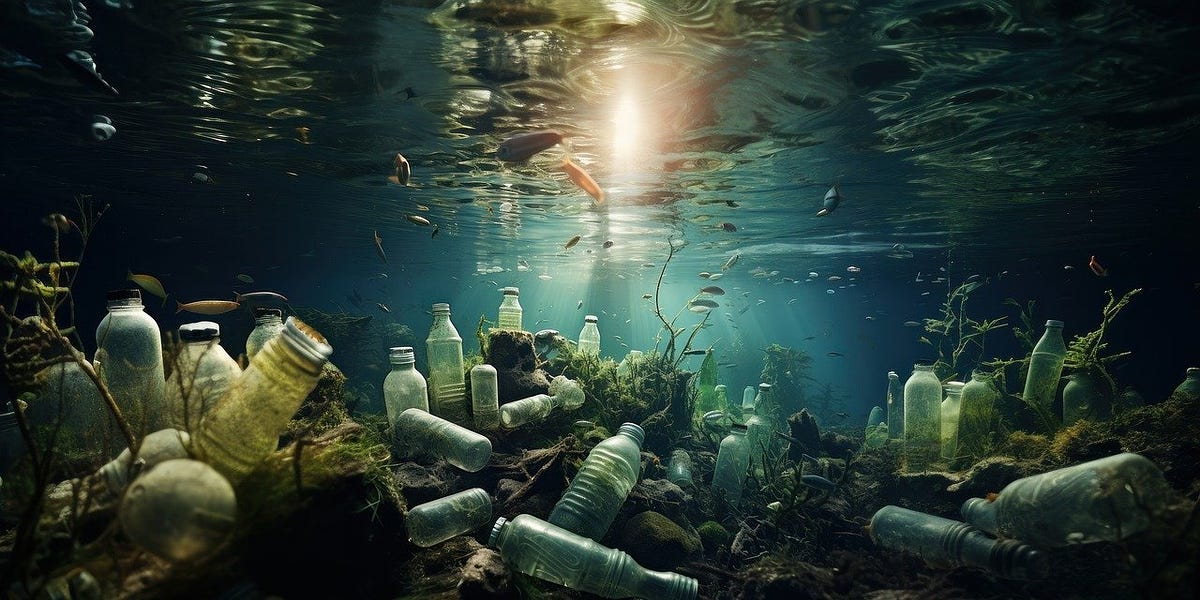The equivalent of 2,000 garbage trucks full of plastic are dumped into the world’s oceans, rivers, and lakes every day.
Every year 19-23 million tons of plastic waste leaks into aquatic ecosystems, polluting lakes, rivers and seas.
Plastic pollution can alter habitats and natural processes, reducing ecosystems’ ability to adapt to climate change, not only it is a big problem but directly affecting millions of people’s livelihoods, food production capabilities and social well-being.
The environmental, social, economic and health risks of plastics need to be assessed alongside other environmental stressors, like climate change, ecosystem degradation and resource use.
According to Case-Studies Indonesia Regional Frameworks/Report.
In 2017, Indonesia’s waste generation reached 65.8 million tons (MoEF, 2020). This number is estimated to be continuously growing in the near future. Plastic pollution is part of the broader problem of waste management. At the moment, Indonesia produces 3.22 million tons of unmanaged plastic waste a year, of which about 1.29 million becomes ocean plastic waste (Jambeck et al., 2015) through illegal dumping into the ocean, the production of plastic debris in coastal areas, and fishing and industrial activities (Li et al., 2016) . This represents 10.1% of plastic marine debris globally (Lestari et al., 2019). The resulting marine debris has caused serious negative impacts on marine life, livelihoods, and public health (Jing & Sutikno, 2020).
Additionally, there are approximately 10 billion plastic bags (equivalent to ~85,000 tons of plastics) and if we include the others Impacts of Single- use plastics, obviously increased the quantity that is directly released into the country’s local environment every year (MoEF, 2020).
These unmanaged plastic wastes do not only pollute marine environments around Indonesia, but also pose a threat to the country’s river systems. For that reason, Progo, Serayu, Brantas and Solo, are four rivers in Indonesia that rank among the most polluted 20 rivers in the world (MoEF, 2020).
Given the pressing need to legislate worldwide on plastic dumping and its derivatives, the historic decision adopted at the fifth session of the United Nations Environment Assembly (UNEA), in March 2022, arises to formulate a legally binding international instrument on plastic pollution, including in the marine context.
The UNEA Resolution 5/14 entitled “End plastic pollution: towards a legally binding international instrument” states that the treaty must address the entire life cycle of plastics and raises the aspiration of concluding negotiations by the end of 2024.

